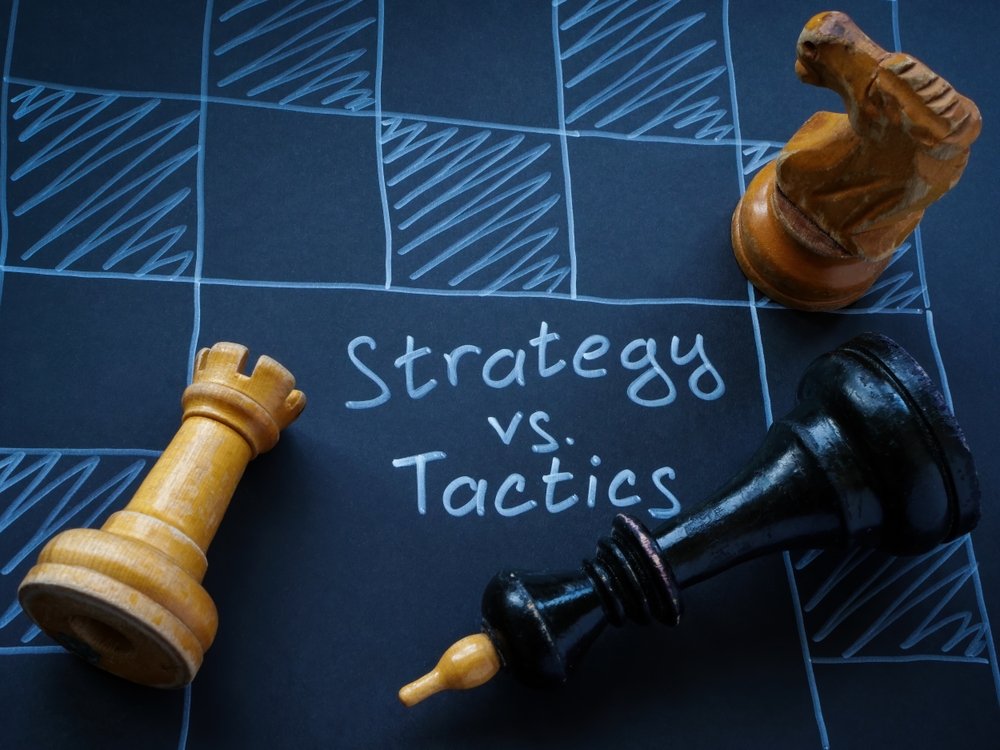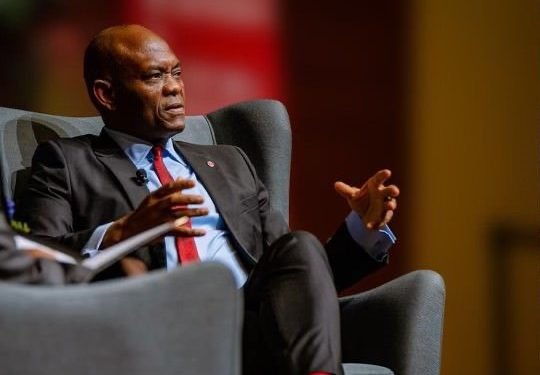In today’s ever-changing world, where industries, economies, and businesses are constantly transforming, one thing remains consistent: the question of value. What is it, how do we create it, and how do we sustain it? Drawing from the insights of Vusi Thembekwayo, a renowned global thought leader and entrepreneur, we delve into the concept of value and how it shapes leadership, innovation, and growth. Whether you are an entrepreneur, a CEO, or a policymaker, these lessons provide a roadmap to thrive in a rapidly evolving marketplace.
What is Value?
At its core, value is anything with a transferable means of exchange. Knowledge, skills, time, expertise, networks, and relationships are all forms of value because they can be exchanged for something—be it money, opportunities, or influence. For individuals, this often translates to the ability to leverage personal skills and expertise in exchange for salaries or business growth.
However, value is not static; it evolves. Historically, value was rooted in relationships. Marketplaces were physical spaces where trust between buyer and seller determined success. But as mass production and outsourcing emerged, relationships took a backseat to efficiency and scale. The focus shifted from personal connection to transactional convenience—buying cheap, fast, and often.
The result? We’ve lost the art of building meaningful relationships, replacing it with a transactional mindset. But as Thembekwayo notes, humanity’s saving grace is adaptability. When we know better, we must do better.
The Shift to a Customer-Centric World
As businesses transitioned to a customer-focused model, slogans like “the customer is always right” emerged. While this notion is flawed—the customer can be wrong—it underscores a vital truth: the customer is king. Like monarchs who led nations into both prosperity and ruin, customers wield immense power in shaping businesses and industries.
In the modern era, this dynamic is amplified by technology. Customers now have direct access to executives, CEOs, and decision-makers via platforms like LinkedIn, email, and social media. Hierarchies and job titles hold little weight in the face of immediate, public customer feedback. A single dissatisfied customer can expose systemic flaws in an organization, turning what might have been a private grievance into a public crisis.
Mercenaries vs. Missionaries: A Strategic Leadership Approach
Thembekwayo presents a compelling analogy for leadership and transformation: the distinction between mercenaries and missionaries.
- Mercenaries are task-oriented, outcome-driven, and focus on enforcing results. They are deployed where decentralized power or silos exist, forcing action and accountability.
- Missionaries, on the other hand, educate, inspire, and build goodwill. They foster long-term change by transforming mindsets and creating shared visions.
Effective leaders balance these roles. They incentivize performance (carrots) while ensuring accountability (sticks). Whether you lead a corporation, a startup, or a nation, transformation requires a blend of persuasion and enforcement. As Thembekwayo puts it, “Transformation happens either through help or force—you choose.”
Lessons for Businesses and Leaders
- Focus on Building Relationships
In a world driven by technology and transactions, authentic relationships are your differentiator. Trust, not just efficiency, creates long-term value. Businesses must relearn the art of connecting with customers and stakeholders on a deeper level. - Adapt to the New Value Paradigm
Value today extends beyond products and services. Customers demand seamless integration of experience, quality, and trust. A business that excels in one but neglects the others will falter. - Embrace Customer Feedback as a Growth Tool
Customer complaints, when addressed thoughtfully, can become opportunities for transformation. They expose root issues that, when resolved, enhance brand loyalty and operational excellence. - Integrate Missionaries and Mercenaries into Your Strategy
Use missionaries to build alignment and buy-in, and mercenaries to enforce accountability and overcome inertia. This strategic balance fosters innovation and drives change. - Prepare for a Borderless, Transparent World
Technology has removed traditional barriers between organizations and their audiences. Transparency is no longer optional; it is the price of entry. Leaders must embrace this new reality by fostering cultures of integrity and openness.
Inspiration for Entrepreneurs and Moguls
Thembekwayo’s reflections aren’t just for business leaders; they hold valuable insights for individuals, economies, and nations. Here’s the call to action:
- Entrepreneurs: Redefine your value proposition. Go beyond transactions and create meaningful connections with customers and stakeholders.
- Leaders: Be both missionary and mercenary. Educate and inspire while driving measurable results.
- Industries and Nations: Build ecosystems that prioritize relationships, trust, and innovation over mere transactions.
Transformation starts within. As Thembekwayo reminds us, “When you know better, you should do better.” Whether you are leading a team, a company, or a nation, the ability to adapt, connect, and transfer value will define your success.
It’s time to take action. Start by assessing how you define and deliver value in your space. Are you building relationships or focusing solely on transactions? Are you balancing missionaries and mercenaries in your leadership style? And most importantly, are you ready to adapt to a customer-centric, transparent, and fast-evolving world?
The future belongs to those who can connect meaningfully, innovate relentlessly, and adapt strategically. Will you lead the change or be left behind? The choice is yours.





